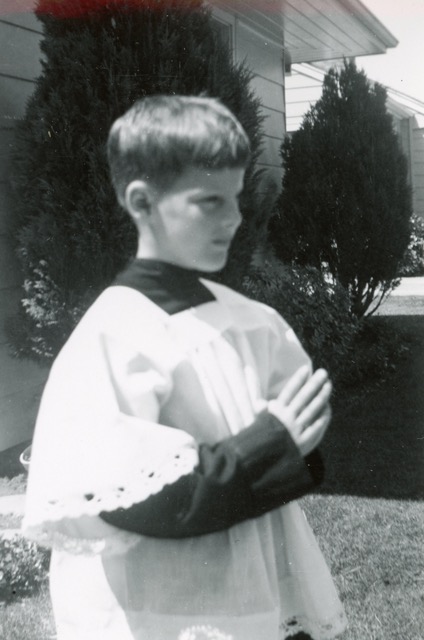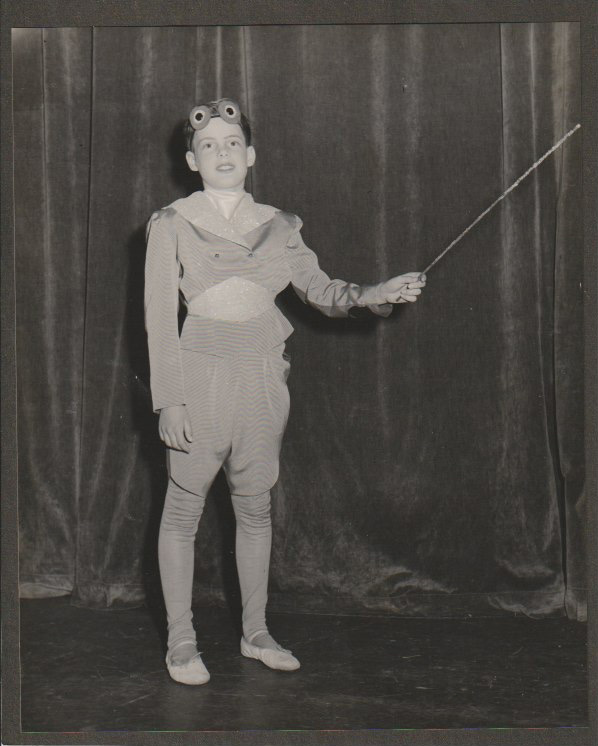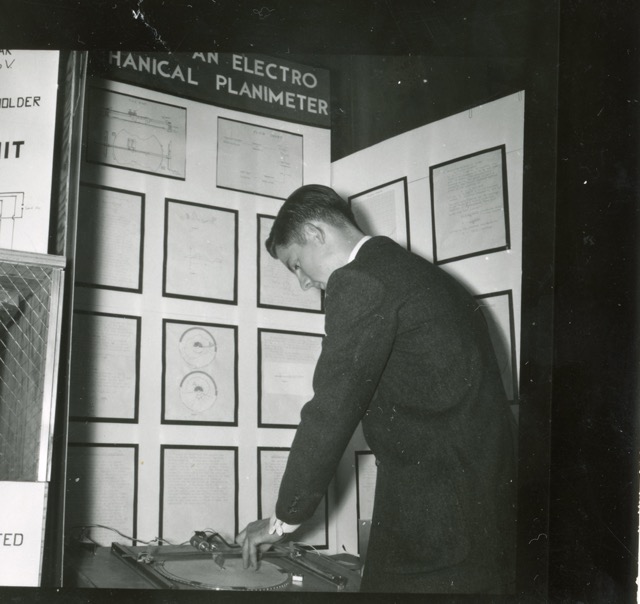We Are Our Histories
What do you bring with you?
samsāra
What are your actions right now?
karma
What are the consequences of
your actions in your life?
dharma
How to form a path in a pathless world, from past suffering,
current action
and personal value

Write the story of your spirit — from your first memories of that flicker of your soul speaking, and all of the memories and experiences of your life that remind you of your ‘self’.
I have to start this as the story which I think I’ve lived.
The seed years:
I was born of the Black Kali and the Virgin Mary. I was born April 12, 1941, the birthdate of my mother : the attack on Pearl Harbor was December 7, 1941 : the war (fighting) basically ended in late summer 1945. This was a period of images and pain : The movie theaters showing weekly the carnage of war, and perhaps without intending, the equality of the mind of violence in war and in the violence in ‘humorous’ cartoons : This was my milk : delivered later to our town itself — in the sight of veterans with missing legs, begging on the streets : and other soldiers marching in parades or on films such that all marching looked threatening and depressed a group mentality that could blindly move in any direction of violence : and images of authority that could shape it.
As a little boy I cut a worm in two:
And also became deeply averse to violence.
The town also has braceros and Gypsies, farms and a Catholic university; my father, an engineering professor and my uncle, his brother, a Jesuit priest.
Father and I would attend the 7am mass at the Mission, a great preference to me compared to the large, filled church in town. The statue of the Virgin Mary was my mother of peace and love : her smile : and she moved and spoke silently through her eyes, changing expressions in the quietness of my kneeling. She was my true mother, and held me against pain. Thinking back, our conversations were prayers.
And I needed to know if this was real : Could stone really smile? I did not seem to think or experience the world in the ways others did : pains of war echoes in my own identity : the world spun in my bedroom at night : I did everything stupidly and could not learn : What was true? Truth became my childhood crises.
Two important memories are here : of the first I will skip the details, but it became associated with being out of body. The second was to Truth itself. I asked my father (who was an electrical engineer) and later, my Uncle Pete (who became a priest), a question to the effect: “What is a star?” Each tried to answer by saying what is ‘real’ : but the ‘real’ of physics and the ‘real’ of theology could not be bridged. Nor could either of the answers bridge to the experience of my own ‘knowing’, ‘real’ : I had no confidence that I could understand anything. When I was about eight, an Irish friend down the block said that he wanted to be a priest when he grew up. (And he did.) I remember saying I couldn’t understand God and I had to know what truth was. Epistemology became this child’s existential crisis.
Overview — finding an ordered life:
You’ve asked about the story of my spirit, and the flickering of my soul speaking. The above sketches the broad elements of my level of awareness of it : the level of self doubt in daily life : seeking the interpretation of experience : of what is real : pain and identity with the pained : of the very act of knowing. And, over time, a sense of the root crises — to know the experience of consciousness from which all of this comes : the being : the feeling in one’s bones : and paths of disciplines and professions — the sciences, arts, religions — which claim title to the world ‘real’, and each champion its usage as the correct one : and ultimately on consciousness and reality itself.
Growing up through schools, my own way of knowing was, basically, art-like : I found attraction to and challenge to ‘understanding’ as used in the sciences — and their severe criteria for claims of ‘real’ and ‘truth’ (and because it challenged me as a way of sanity) : and religion seemed the least reliable, but pointing to a profound type of experience and identity as universally shared as the arts and sciences. All my degree work is in the physical sciences. Briefly, I studied science to understand the experience, not the facts, of science : I did art to follow my own processes : I (first) denied allegiance to religion as teachings but (later) found my way into the stories of religious experience. In all of this, for myself, in my experiences I didn’t know if I was mad, or stupid or what. For example, in conversation, I could, it seems, give people their own deep thoughts which weren’t conscious yet, walk away, not be able to remember what I’d said, or think clearly enough to understand my own homework. Feeling and object conflated in me — I saw a painting of dinosaurs wallowing in the great wet landscape of what is now Nevada. The sunset it depicted was magnificent, and I was shaken — What was beauty then — how to even speak of it. Was appreciation up to the dinosaurs? Was ‘beauty’ an empty construction of humans — never here until our recent evolution? Was it only as a mirage in us and never really real? I remember almost feeling like crying and hoping (demanding?) that in the real time and place there was a consciousness embracing the whole scene including the dinosaurs. Was there a place for the subjective in the world?
In college, I studied physics rather than biology (neurobiology) because I wanted to study how truth is approached as a path of knowledge — and physics is the ‘queen science’ of epistemology. I also knew if I studied consciousness directly as a field in biology, I would have to harm living creatures who were the very embodiment of consciousness. This would be more violent than the destruction of non-living matter in experiments in physics.
In physics I had one of my most wrenching experiences when I spun into a long concentration on ‘What is (the number) 2?’ A koan without knowing it : a spinning out of daily reality as its answer. I was afraid of whatever I was/or might be. How can I question what they see in me? In this growing up, I now see three or four periods of knowledge arising in my soul, and the soul’s response (whether I knew it or not) to this knowledge : my early life and art as a way of knowing : the possible altered states I lived in : the effort by others to enrich my abilities (from which I fled) : finding the story/descriptions of my experiences in East Indian and Buddhist writings : and now accepting it.
I close this section with the feeling that made we wish to write it : that what I have felt as pain and confusion I now feel as an enriched, sustained adventure with a deep continuity. I see I have been paralleling paths of instructions (in both Vedantic and Buddhist teachings) of spirituality. The continuity is affirmed — however many lives long the path may be!


